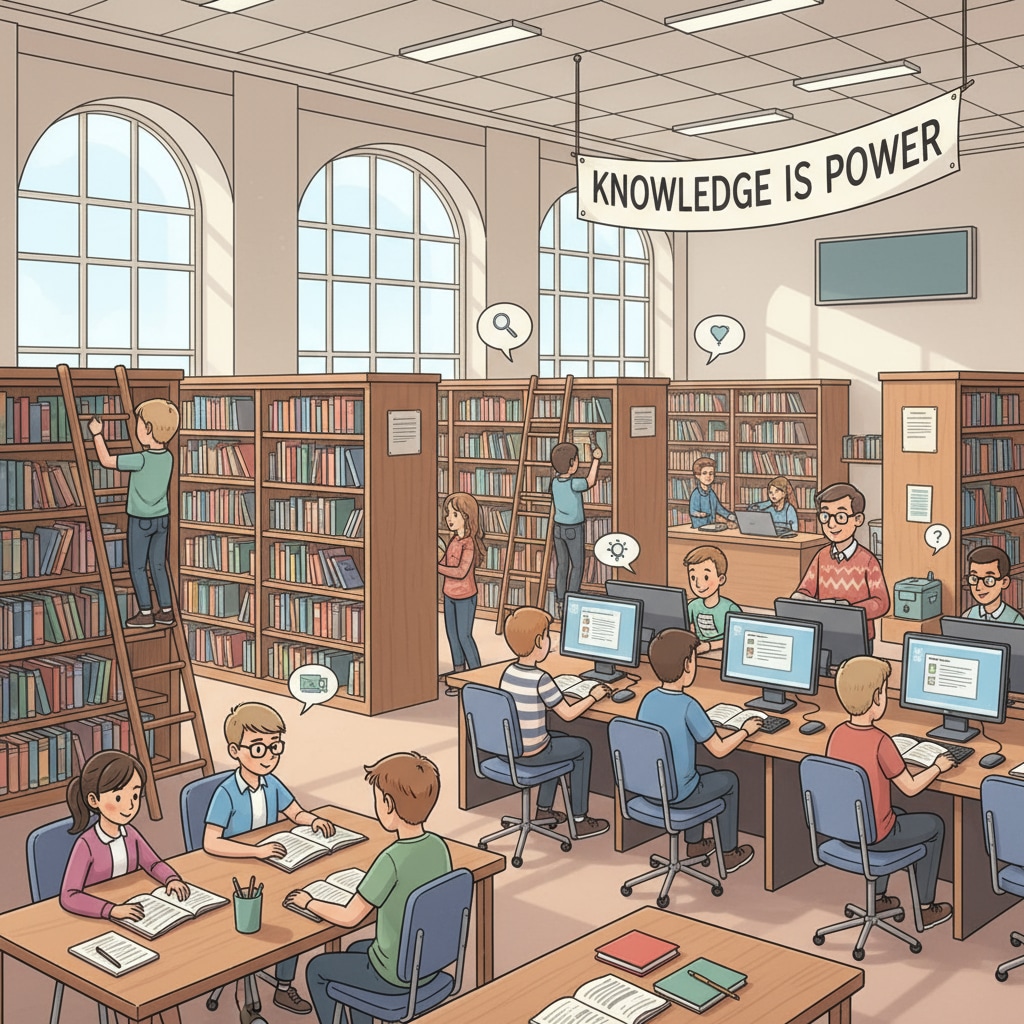Learning methods, meta-learning, and deep mastery are crucial elements in the educational journey. Traditional K12 education has long been centered around the transmission of knowledge, but there’s a growing realization that focusing on how students learn is equally, if not more, important. The book Ultralearning presents nine principles that can be a game-changer when applied to K12 education. These principles have the potential to transform students from passive recipients of information to active explorers of knowledge, fostering the development of lifelong learners.

The Foundation of Ultralearning in K12
Ultralearning is about taking control of one’s learning process. In the context of K12, it means instilling in students the ability to self-direct their learning. Meta-learning, which is the understanding of one’s own learning processes, plays a vital role here. By teaching students to reflect on how they learn, they can identify their strengths and weaknesses. For example, some students might realize they learn better through visual aids, while others prefer hands-on activities. Once students are aware of these preferences, they can start to tailor their learning methods to achieve deeper mastery of the subjects.
Applying the Nine Principles
The nine principles of Ultralearning, when integrated into K12 education, can have a profound impact. One principle is “Define Your Purpose.” In a K12 classroom, teachers can help students understand why they are learning a particular subject. This clarity of purpose can motivate students to engage more deeply. Another principle is “Create a Learning Environment.” Schools can design spaces and provide resources that encourage exploration and independent learning. For instance, having well-equipped libraries, makerspaces, and digital learning platforms. These environments can support students in their quest for deep mastery of knowledge.

Moreover, the principle of “Deconstruct the Skill” can be applied by breaking down complex topics into smaller, more manageable parts. This makes it easier for students to understand and master each component before moving on to more complex aspects. By following these principles, students can gradually build a strong foundation in learning methods and achieve a higher level of meta-learning, leading to deep mastery of the curriculum.
Readability guidance: In this article, we’ve explored how Ultralearning principles can transform K12 education. By focusing on learning methods, meta-learning, and deep mastery, we can empower students to take charge of their learning journey. Teachers and schools have a crucial role to play in implementing these principles. As we move forward, it’s essential to continue researching and innovating in this area to ensure that every student reaches their full learning potential. Learning Methodology on Wikipedia provides further insights into different learning approaches, and Meta-Learning on Education.com offers valuable information on the concept of meta-learning.


